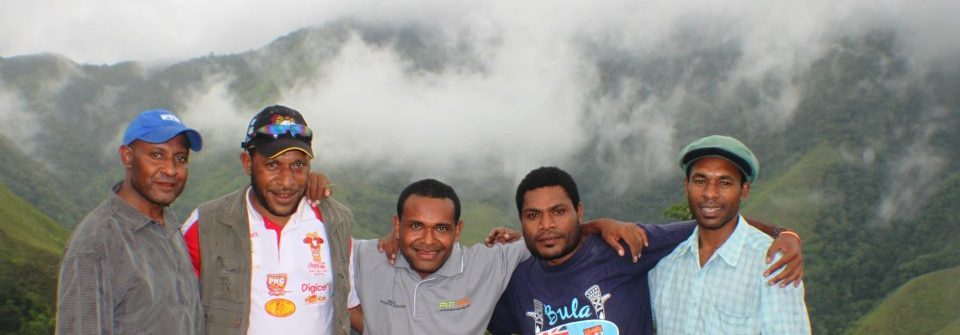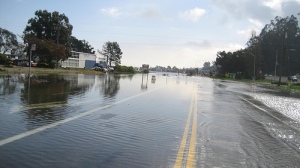The UN General-Secretary Ban Ki-moon has said that Kiribati’s traditional words of blessing of ‘Te Mauri, Te Raoi, and Te Tabomoa’
sums up the value of the United Nations.
Ban Ki-moon made the statement at a state dinner hosted by Kiribati’s President Anote Tong in his recent visit to Kiribati in early September this year.
He said the United Nations and Kiribati both share the goals of Peace, Health and Prosperity with both countries concerned about Climate Change.
“Many countries are dealing with climate change but in Kiribati, climate change threatens your territory, your culture and your very way of life”, he adds.
The secretary also recalls President Tong’s address at one of the UN General Assembly where he challenged all the leaders to take action on Climate Change and said, “I fear that our children and grandchildren will look back and ask, how is it that they knew what they knew and yet did so little?”.










